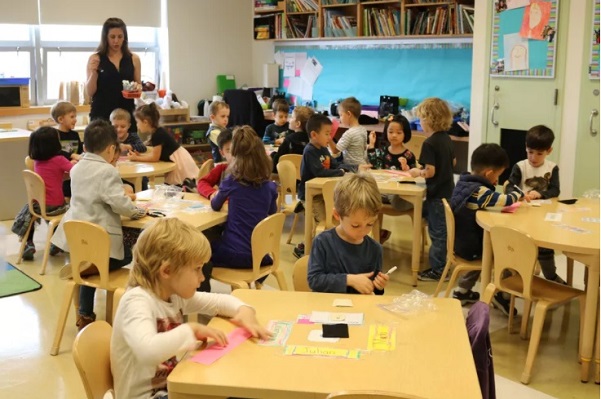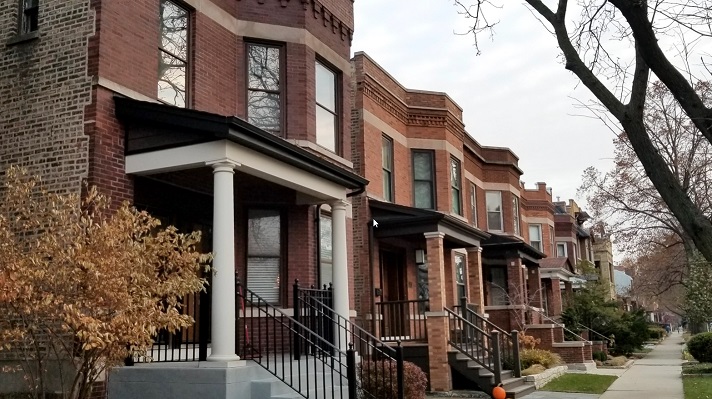

Old School vs New School
Early childhood education is under grave threat. In the growth of a child, these years are critical and irreplaceable. We can and
must step up to the challenges we face today. Here are some suggestions:
We establish home schooling learning pods within a group of households. Each pod consists of 3 to 7 children. These children live within a half hour drive of each other. Each day, the children assemble at one of these pods in place of the traditional school environment. The children are taught, fed, and given the opportunity to play with their classmates in this semi-structured environment.
In the ideal situation, the household is equipped with high speed internet access and a notebook computer for each child. The responsible household can be rotated periodically, leveraging utilization of local amenities where available (e.g. playgrounds, museums, local attractions of interest).
Like most things, this proposal favors the haves versus the have nots, but this can be remediated via judicious allocation of participants and their resources. Those who agree to this plan affiliate exclusively with members of their selected pod. Any deviation from this protocol will trigger a quarantine of the affected members. Clearly, this proposal will require close co-operation between the members of each group but this is not much of a stretch beyond what parents normally do.
Teachers can be recruited from the legions of otherwise idle adults, myself included.
With a rotation schedule, no one is unduly burdened, yet everyone shares in the effort as much as necessary or desired. Elementary school districts are augmented with these pods, decentralizing primary education. The money follows the student, not the district, offering an economic incentive to home schooling. Traditional primary education can co-exist with this plan and ease the burden upon school resources in the process.
As beneficiaries of our information oriented, decentralized and more flexible new age economy, we can do this if the collective will exists. Our primary educational system will become more nimble, equitable and democratized. Children can learn important social skills in a more secure and individualized environment.
We establish home schooling learning pods within a group of households. Each pod consists of 3 to 7 children. These children live within a half hour drive of each other. Each day, the children assemble at one of these pods in place of the traditional school environment. The children are taught, fed, and given the opportunity to play with their classmates in this semi-structured environment.
In the ideal situation, the household is equipped with high speed internet access and a notebook computer for each child. The responsible household can be rotated periodically, leveraging utilization of local amenities where available (e.g. playgrounds, museums, local attractions of interest).
Like most things, this proposal favors the haves versus the have nots, but this can be remediated via judicious allocation of participants and their resources. Those who agree to this plan affiliate exclusively with members of their selected pod. Any deviation from this protocol will trigger a quarantine of the affected members. Clearly, this proposal will require close co-operation between the members of each group but this is not much of a stretch beyond what parents normally do.
Teachers can be recruited from the legions of otherwise idle adults, myself included.
With a rotation schedule, no one is unduly burdened, yet everyone shares in the effort as much as necessary or desired. Elementary school districts are augmented with these pods, decentralizing primary education. The money follows the student, not the district, offering an economic incentive to home schooling. Traditional primary education can co-exist with this plan and ease the burden upon school resources in the process.
As beneficiaries of our information oriented, decentralized and more flexible new age economy, we can do this if the collective will exists. Our primary educational system will become more nimble, equitable and democratized. Children can learn important social skills in a more secure and individualized environment.